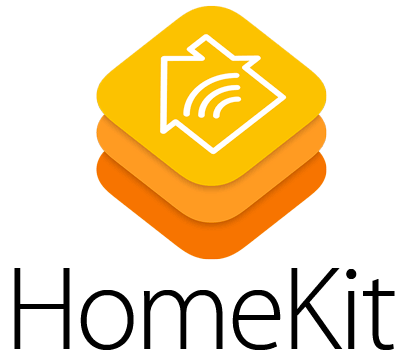One of the most significant announcements made by Apple at last week’s WWDC was the introduction of HomeKit, the new software framework available on iOS 8. It will essentially allow users to control multiple devices such as plugs, locks, and lights within their home. Although much of the detail is yet to be announced, HomeKit has still generated plenty of interest from consumers and businesses alike. Here are 5 reasons why HomeKit is worth taking note of.
iOS vs Android: The battle for the smart home
With major players such as, Apple, Samsung, Microsoft and Google all turning their attention to home automation it is highly likely that this could signify a new sphere of innovation, which may have a number implications. This level of competition will mean the rapid development of a technology which, although still in its infancy, will only continue to develop and play a more significant part in consumer’s lives.
The time is right
To follow on from the point above, Apple’s timely entry into the market place is no coincidence. Smart-home devices are already on the rise with shipments of these device set to grow at an annual rate of 30% between 2013 and 2019. This reflects the ever growing emphasis consumers are placing on technology in their day-to-day lives.
Home automation has been around in some capacity for many years, yet with the sheer number of consumers purchasing smartphones, consumers are controlling more and more aspects of their life with their phone. The home is therefore the obvious next step for Apple.
HomeKit provides a seamless user interface
An issue in the current market is that of fragmentation. For instance, if users have multiple devices they’d like to control, they will need to open each application separately in order to operate their smart-devices.
HomeKit aims to own the whole ecosystem by integrating all these applications, allowing users to group smart-home enabled devices through a centralized app. And with the integration of Siri with HomeKit, users are able to control their devices even easier.
Good news for smaller vendors
For smaller vendors and Internet of Things (IoT) start-ups the introduction of smart-home products and services has been met with much enthusiasm. It will bring benefits and raise consumer interest, but, its seamless user interface, also creates opportunities for different IoT products to be integrated into the HomeKit ecosystem. So, where Apple goes into direct competition with other technology giants, it in turn creates opportunities for small businesses.
Secure API
Privacy and security is particularly apt when we are discussing technology regarding data about the home. Recently, serious security doubts concerning connected devices have been raised, particularly as some fear that as data collected from people’s home’s is stored in the cloud, we run the risk of completely losing control of this data.
During WWDC’s Keynote, Apple put large emphasis on security. Hence, HomeKit API’s can only be used when developer apps are in the foreground, preventing accessories from being misused and maintaining privacy.
We must wait a while before we can realise the full potential of what HomeKit will be able to offer. However, the early impressions hint that there are exciting times ahead for companies heading into the home automation market, as we wait to see who comes out on top.
What are your thoughts on HomeKit? Let us know below – we’d love to hear from you!
If you’d like to purchase beacons, visit our GemTot Beacons Page.















